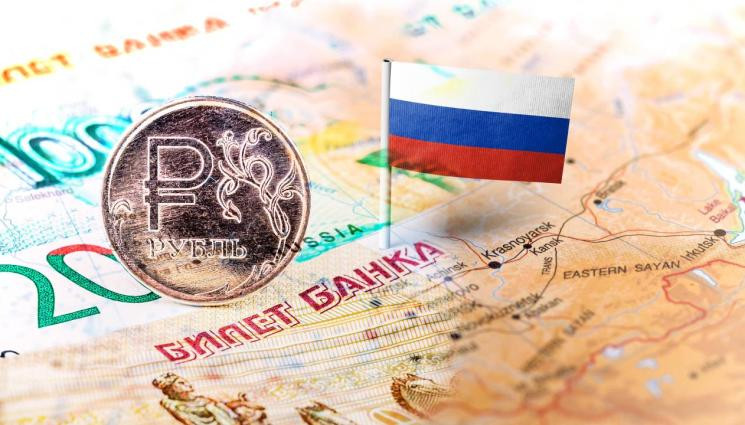
On Wednesday, natural gas futures on London's ICE exchange fell by 8%. Futures for July on Europe's largest hub TTF lost 6% of Tuesday's estimated price and settled at $973.6 at the opening of the European trading session. Gas prices have continued to fall to $957 per 1,000 cubic meters.
The military operation in Ukraine was the fundamental factor for a strong surge in natural gas prices. Thus, on February 23, the settlement price of the near-term futures was at $1,038.6 per 1,000 cubic meters. On February 24, it rose by almost 50% to $1,555.5. Following the threat of a ban on Russian energy imports from Western European countries, quotations hit all-time highs on four consecutive days. On March 7, an all-time high of $3,892 was reached. Later, however, prices moved steadily downwards. On April 25, natural gas was trading at $1,027.
EU sanctions against Russia are severely limiting Russian energy supplies to the European market, causing gas and coal to trade at record prices. For example, the German futures contract for next year, which traditionally serves as a benchmark for European electricity prices, continued to rise for the sixth consecutive session. Experts are not yet giving a positive outlook.German power for 2023 rose as much as 2.6% to €240 per megawatt-hour. Notably, this is a historic high for next year's base contract. Daily prices in Germany averaged at €96.81 last year, the highest annual level on record, and has so far averaged at €179.40 this year on Epex Spot day-ahead exchange.
The base futures for natural gas in 2023 will be higher. Russia intends to drastically cut the number of countries to which its energy resources will be delivered. This applies to those states whose political leaders are unwilling to switch to roubles in trade. Therefore, the outlook for 2023 is not optimistic. The entire energy market will be in a very depressed state, as will the people of Western European countries.
In addition, a total ban on Russian coal imports to the European market will be in force from August. The United States, South Africa and Colombia are planned to replenish European reserves of this raw material. However, these countries may fail to realize a high level of exports.
The EU, aware of the consequences of its political decisions, is now actively replenishing its own energy stocks ahead of winter. This month, coal stocks in the northwest regions of the bloc have already reached their highest level since October 2020. By the way, many shipments are planned before the ban comes into force. For example, considerable flows of Russian gas continue to be received in European storage facilities. The EU's gas storage facilities are currently 46% full, the highest level since the beginning of the year.
Meanwhile, Gazprom is expanding the list of European countries that will no longer receive Russian gas. Bulgaria and Poland are joined by the Netherlands and Denmark. Representatives of the Russian company said that gas supplies to Danish energy company Orsted and Germany's Shell Energy Europe had been stopped as they had refused to pay in roubles.
 Tiếng Việt
Tiếng Việt 
 Русский
Русский English
English Bahasa Indonesia
Bahasa Indonesia Bahasa Malay
Bahasa Malay ไทย
ไทย Español
Español Deutsch
Deutsch Български
Български Français
Français 中文
中文 বাংলা
বাংলা हिन्दी
हिन्दी Čeština
Čeština Українська
Українська Română
Română

